The Study Corner
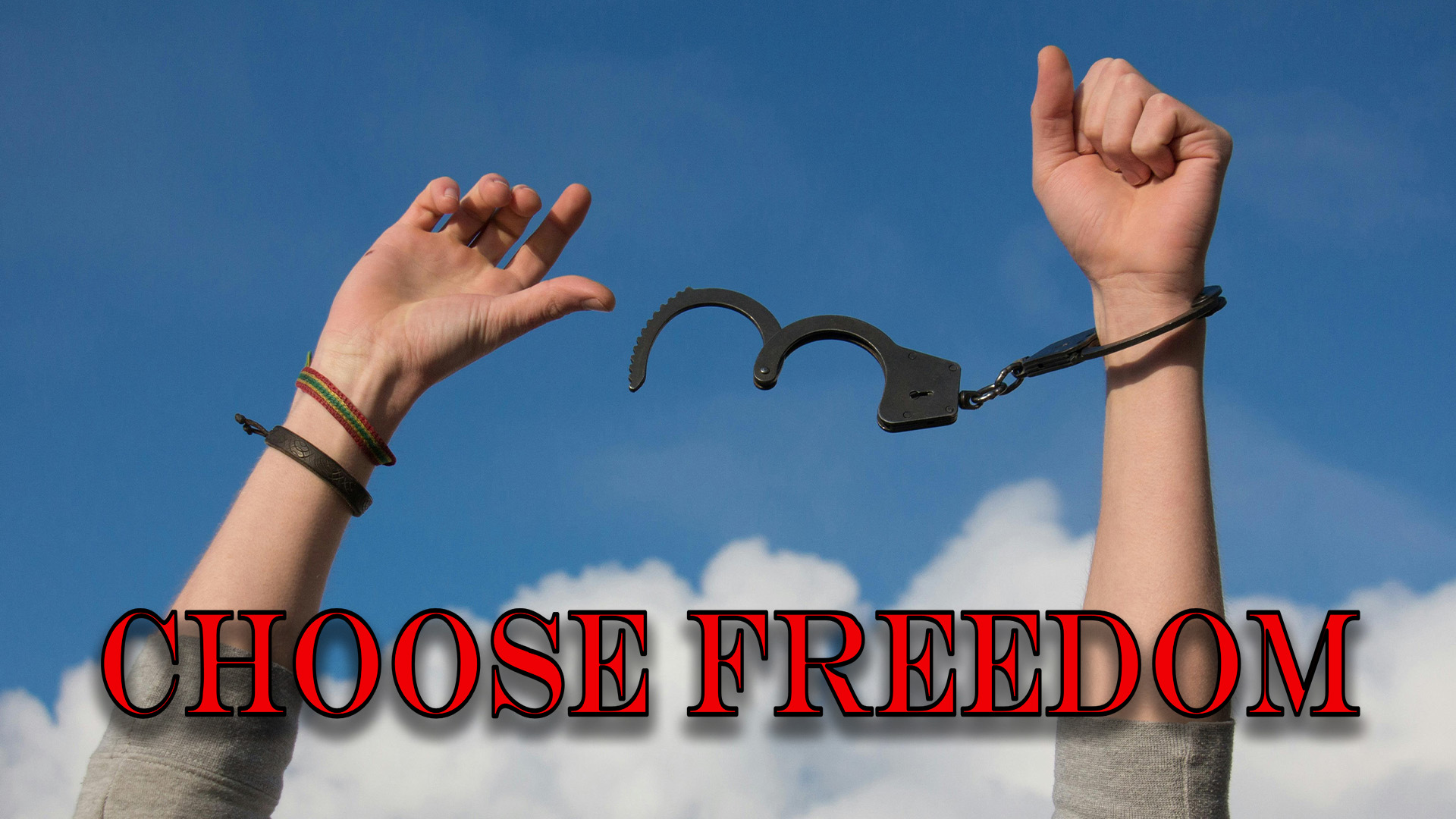
415 – A Question of Choice
The word “choice” has all but been taken over by the pro-abortion crowd, but that is not what I want to discuss here today. Recent history, both public and private, has displayed the fundamental function choice plays in a person’s independence, liberty, and freedom. Yet said history has shown that many of the American people have given up the ability to choose, placing that responsibility on others. By doing so, people have voluntarily abandoned their position as free citizens in order to become enslaved subjects to those who do the choosing for them.
Read More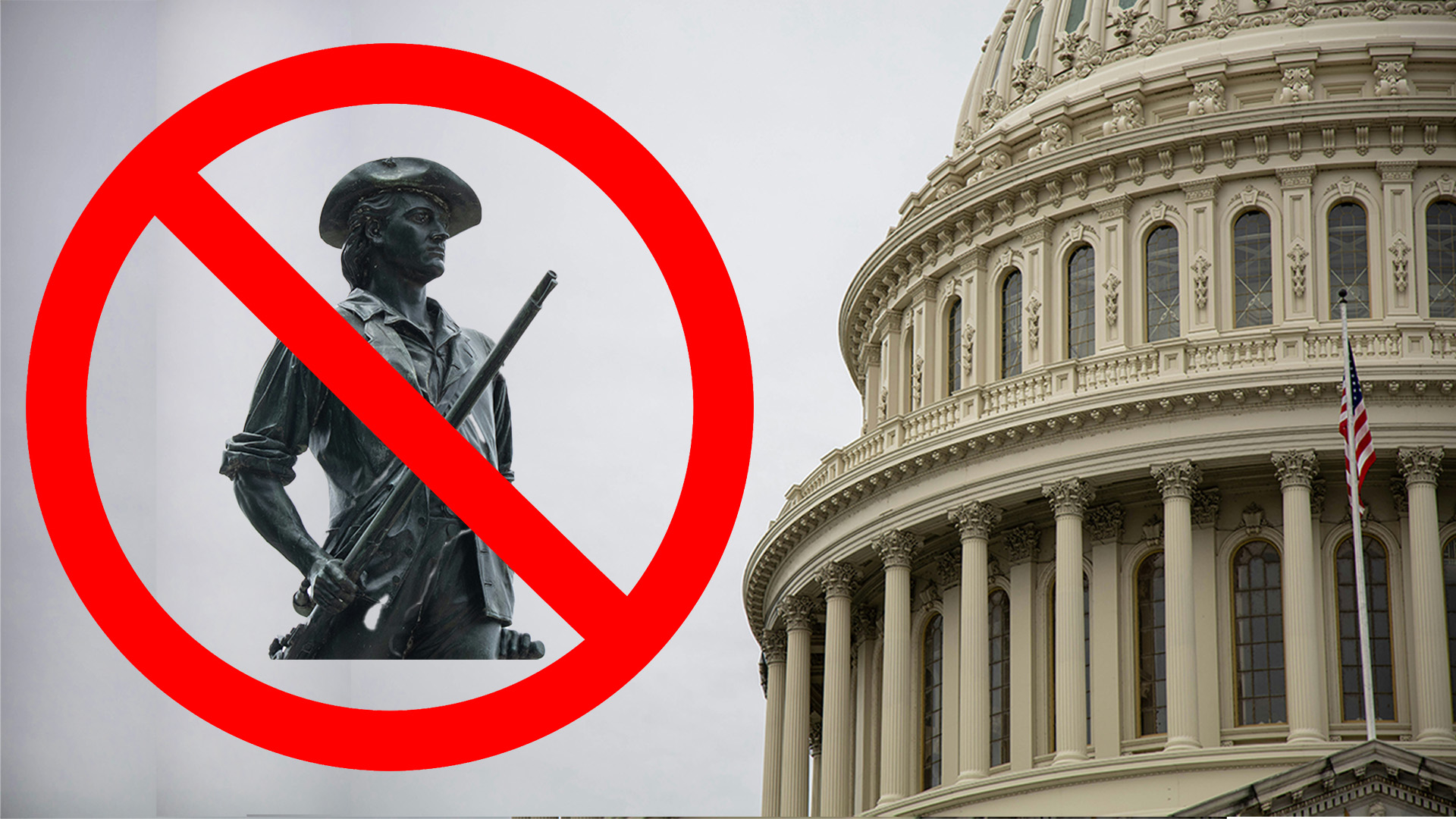
414 – Disarming The Militia Act
The gun grabbers in Congress are at it again. Attempts to disarm the American people have only been moderately successful over the past few years. So a bill was recently introduced in the House of Representatives entitled “Preventing Private Paramilitary Activity Act of 2024”. This bill wants to make it a crime for private citizens to work together to defend their rights. If this bill were to become law some day, even training together could not only get you fined, but placed in jail, possibly for life.
Read More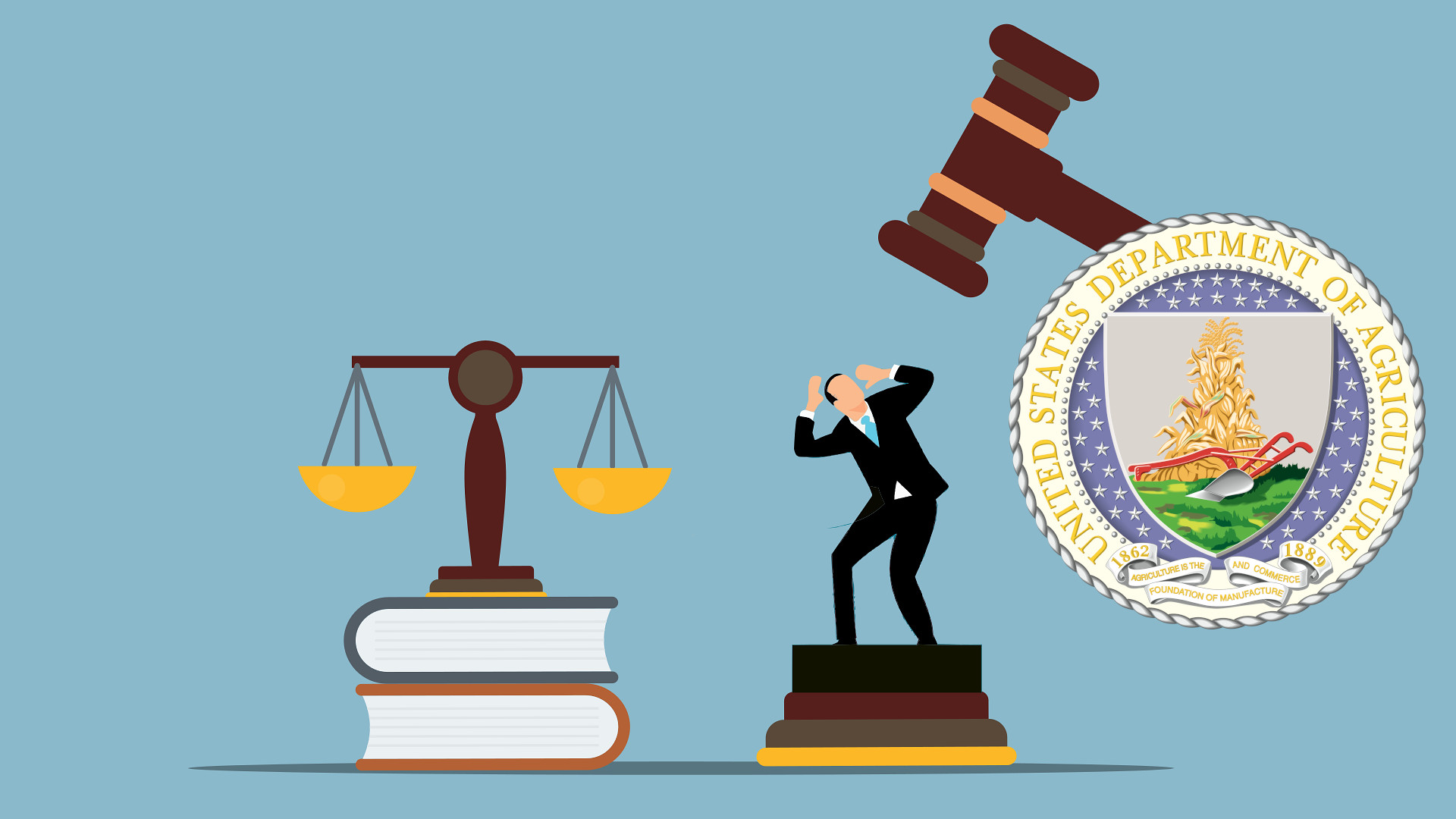
412 – Sovereign Immunity
When can you sue the government? What started out as an erroneous credit report filing has turned into the heart of the question brought before the Supreme Court in the case Department Of Agriculture Rural Development Rural Housing Service V. Kirtz (USDA v. Kirtz). However, what the court found, and how it got there, points to a serious flaw in the constitutional education of lawyers and judges throughout this nation.
Read More
411 – Electing a U.S. President
Every four years, the United States goes through the ritual of electing a President. I use the term ritual for two reasons. First, most Americans’ understanding of the election process is based in custom or rites rather than the law. Second, most of the customs Americans follow directly contradict the actual process of electing a President of the United States.
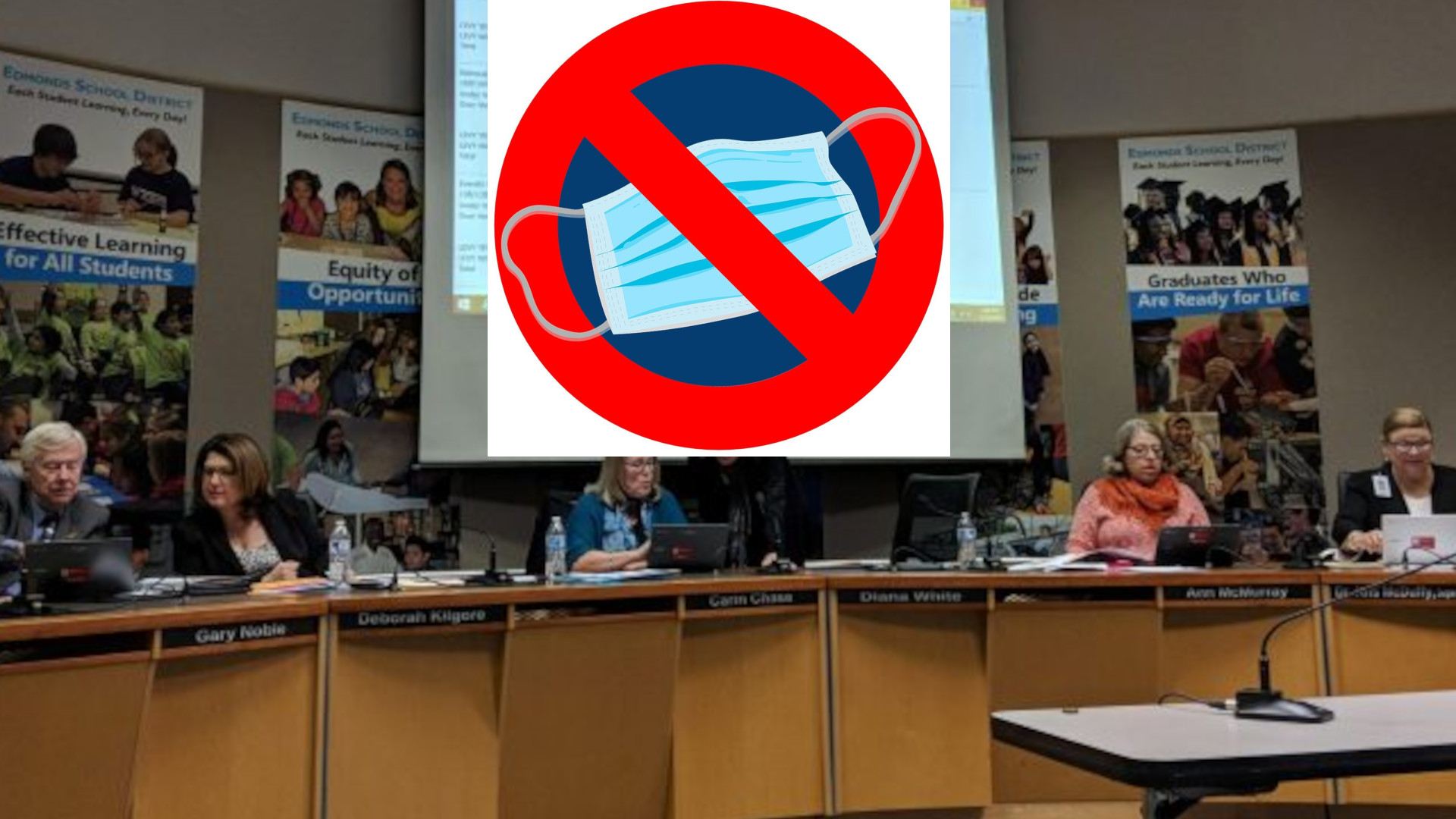
410 – Is Refusing to Wear a Mask Unconstitutional?
I’ve spoken repeatedly about the unconstitutionality of most mask mandates. Recently, the Third Circuit Court of Appeals was asked to review two cases where people were punished for attending school board meetings while refusing to wear masks. Sadly, the cases, as described in the Circuit Court opinion, seem poorly founded, thus leading to decisions against the plaintiffs. I think a closer look will not only show the flaws in the case, but help others build better ones in the future.
Read More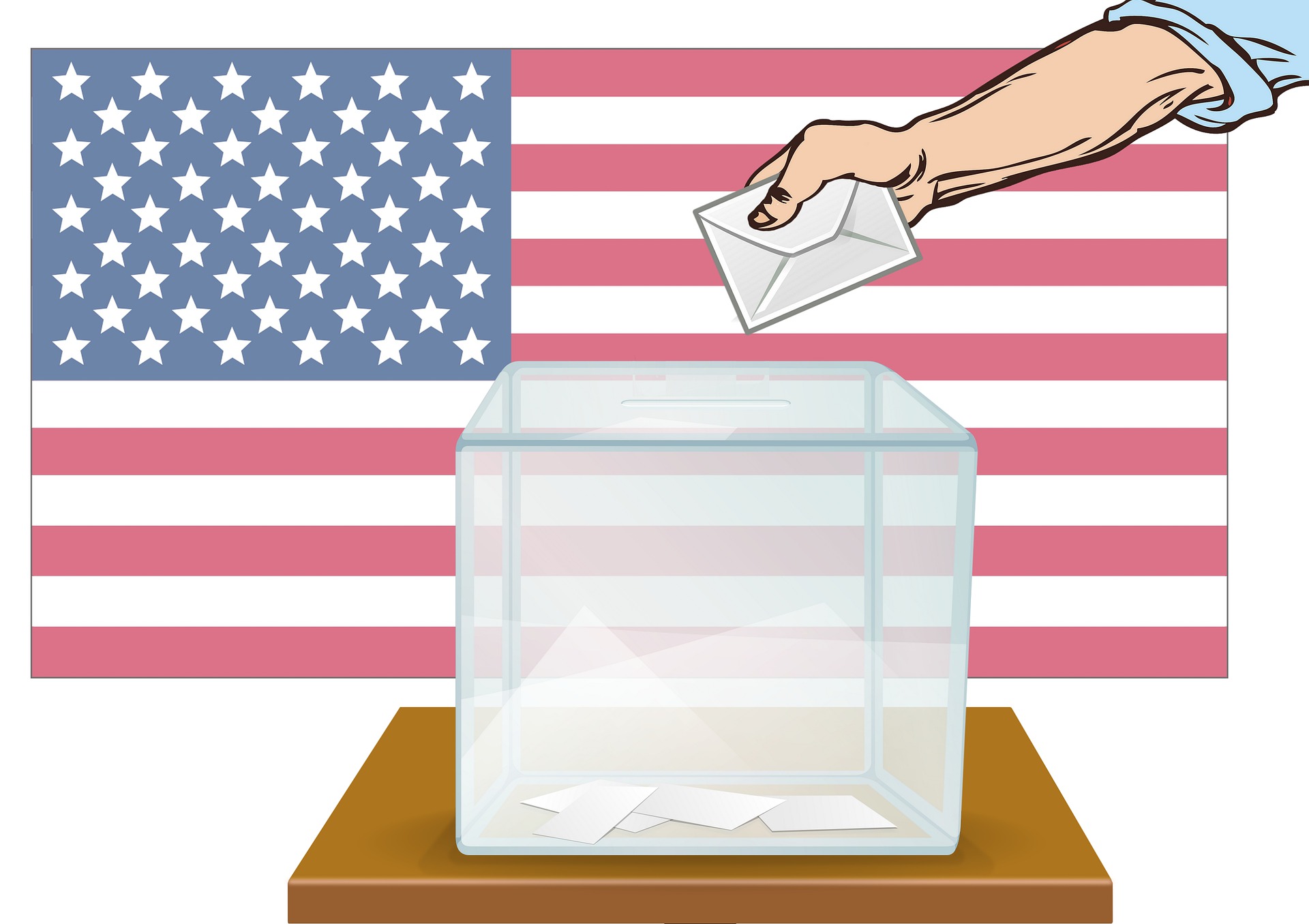
408 – Primaries, What Are They Good For?
I propose that all board elections for non-profit corporations should be run by the state at taxpayer expense. After all, we already have taxpayer funded elections for private organizations. We call them “Primaries”.
While this year’s presidential primary is pretty much a fait accompli, there are still hundreds, if not thousands of primary elections that will be held over the next few months. In some cases the race is so partisan that the primary effectively decides the race and the general election is moot.
What is the purpose of these taxpayer funded private elections? Why to limit your choices on election day of course. So why do we keep paying for someone else to take away our choices?
Read More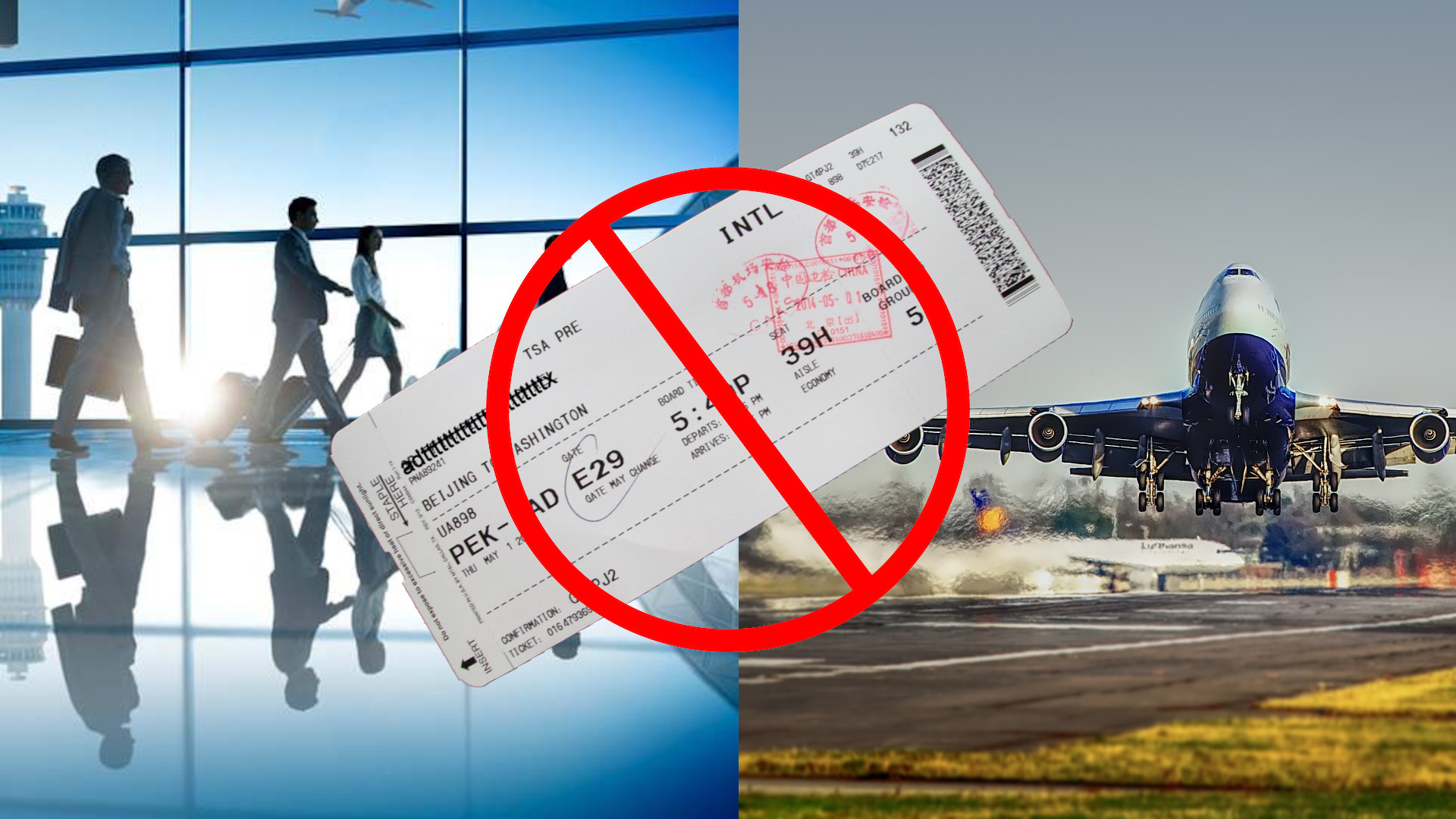
409 – Abuse of the No Fly List
while looking through recent oral arguments at the Supreme Court, I stumbled across the case FBI v. Fikre. At first, I thought it was another simple procedural case, but something about it caught my attention. The oral arguments held before the Supreme Court were about whether Mr. Fikre’s case that his rights were violated when he was placed on the No Fly List was no moot because he ad been removed from the list. As I stated looking deeper into the case though, I found intrigue worthing of a Grisham novel.
Read More
407 – Chevron Deference
For decades, Congress has been turning over more and more lawmaking power to the Executive Branch. Frequently this is done by legislation giving the head of some agency or department the power to establish rules which have the force of law. What happens when the legislation doesn’t explicitly say that such-and-such department has the power to make a certain rule? To deal with this, courts have come up with something called “Chevron Deference”. While the case Loper Bright Enterprises, v Gina Raimondo, Secretary Of Commerce deals with who pays the salaries of federal observers on fishing boards, a more fundamental questioning of the court’s deference to government agencies interpretation of law is the cornerstone of the petitioner’s arguments.
Read More